IDE researchers secure Resilient Delta kick-starter grants
Several projects being led by or involving IDE researchers have secured kick-starter grants from the Convergence’s Resilient Delta Initiative. The grant was announced in early 2023 and was aimed at early career academics with innovative and transdisciplinary projects and/or valorisation ideas. The grants available ranged from €5,000 – €35,000.
Keep reading to find out more about the projects that secured funding and who is involved in them.
Convergence Grant for studying the contribution of design methods to transdisciplinary collaboration
How to navigate design methods in a way that demonstrates academic depth while also responding to the realities of transdisciplinary collaboration, such as interdisciplinary tensions and dilemmas?
Design methods help to create tangible and experientable forms of expression that engage multiple stakeholders (e.g., sketches, prototypes) and bridge people’s everyday realities with abstract discussions around social issues. Because of this, metaphors such as the ‘binding glue’ or ‘knowledge broker’ are frequently used for describing the role that design methods typically play in transdisciplinary collaboration.
To spread this know-how, various collections and categorisations of design methods have been developed. However, researchers or practitioners from other disciplines are largely unaware of the existence of these collections. Moreover, method collections often describe methods in a clinical fashion as if they are value-neutral and ready to be ‘plugged into’ any collaboration regardless of context.
As a result, our main ambition is to ‘unblackbox’ generic method catalogues and to help non-designers navigate the situated nature of design methods.
The consortium has received a €34,507 Convergence Kick-Starter Grant from Resilient Delta to launch a lab for design methods as part of the Convergence network.
A lab for design methods
The term ‘lab’ reflects our ambition to communicate design methods as living and evolving concepts with histories trajectories and ethical qualities. A lab is an environment where there is interaction, knowledge exchange, and co-learning. It is where people experience discoveries and challenges, and also there is space for emergent phenomena.
We aim to bring the rich tradition of the TU Delft | Faculty of Industrial Design Engineering in researching design methods to the Convergence network, and with that, to help compare how industrial design and other design-oriented disciplines understand and utilize design methods. In practical terms, the Lab will be a living and interactive online environment that holds the promise to grow to a physical network. We look forward to collaborating with others who are passionate about the role design methods can play in transdisciplinary collaboration. Please contact us if you want to get involved.
The Consortium
The consortium is led by assistant professor Değer Özkaramanlı (IDE, TU Delft) in collaboration with assistant professor Laurens Kolks (IDE, TU Delft), Geert Brinkman (PhD Candidate, Erasmus University Rotterdam) and professor Bregje van Eekelen (Professor of Design, Culture and Society, TU Delft and Professor of History of Social and Human Sciences, Erasmus University Rotterdam).
Convergence Grant Toward Textile-form Futures
Textile-forms are textile-based objects that are made via the simultaneous construction of textile and form, which enable on-demand and local production of textile-based consumer products to reduce the industry’s severe climate impacts. How can the future of textile-forms from design, manufacturing, and systems perspectives be explored to develop this vision in the Dutch and Greater Rotterdam Region?
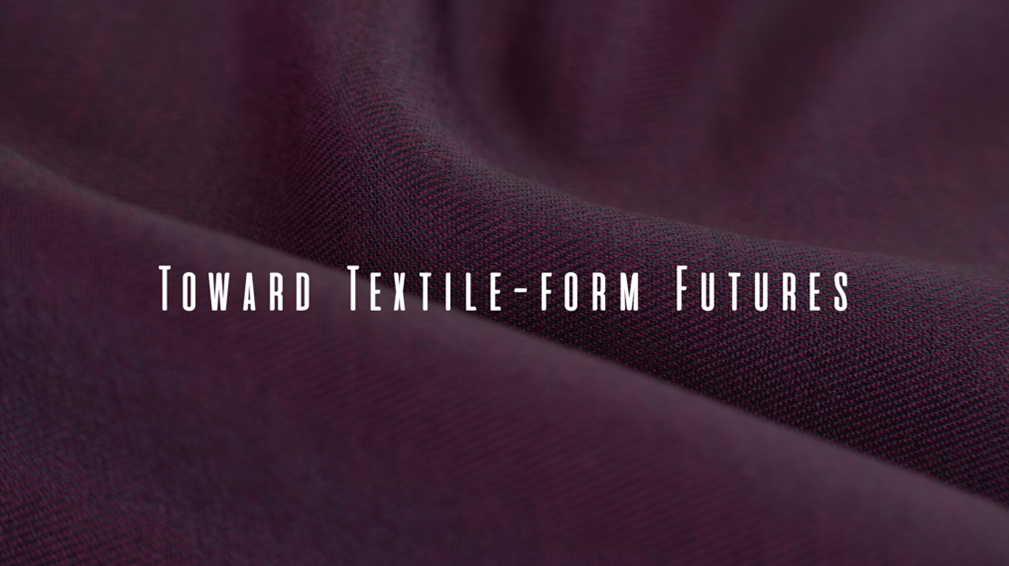
The textile/fashion industry is one of the most polluting, least automated and manual-labour dependent industries in the world – contributing 10% of GHG emissions. Our current systems of design, production, and use are no longer fit for purpose, and resistant to systems-level change. It is imperative we take responsibility for these impacts, but to do so requires vision, innovation and collaboration. Imagine a future where all textile-based products can be ordered and produced locally, on-demand, in waste and pollution-free, semi/fully automated micro-factories. Where local waste fibers can be processed locally, virgin fibers are safely produced using regenerative agriculture methods, and systems are designed from the outset for and with circularity.
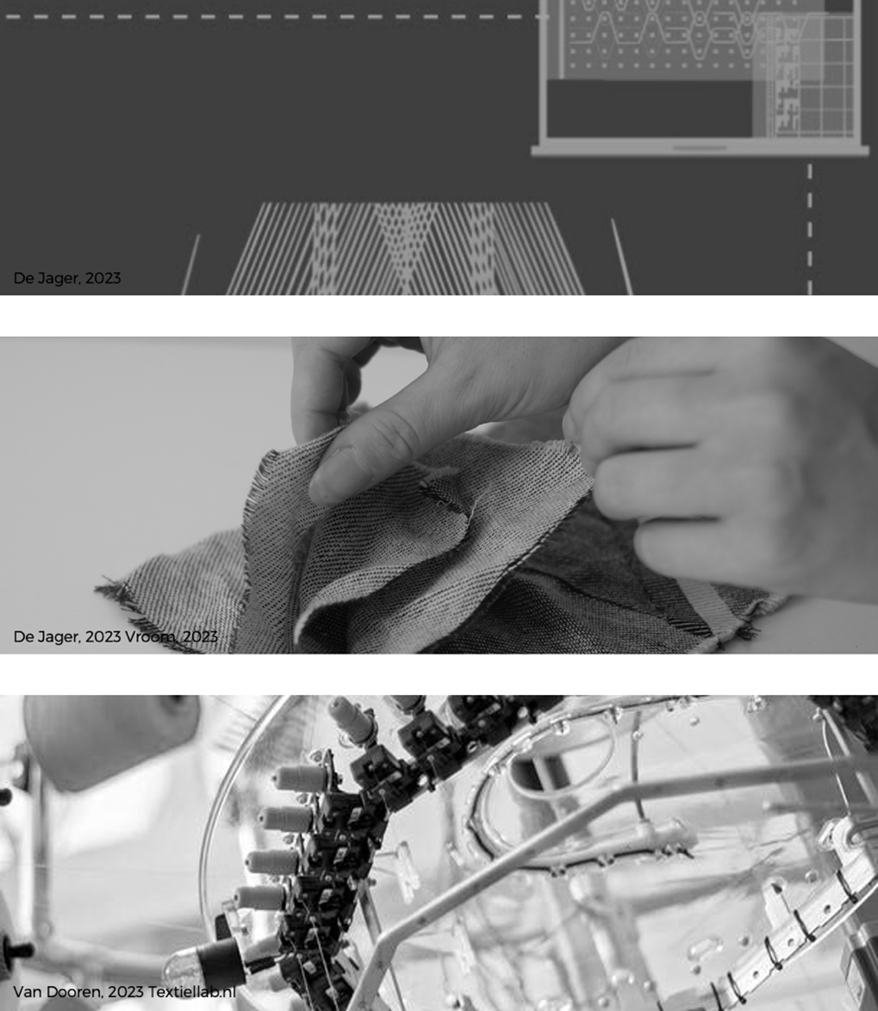
Our ambition is to develop a strategy toward a local exemplar of circular textile-form systems - such as an integrated circular micro-factory - that will be the foundation for the development of larger funding applications to explore relevant localised models of production across Europe. This strategy includes network development, preliminary methods, models, and prototypes for textile-form suitable for localised and on-demand production of textile-based products within the Dutch and Greater Rotterdam Region context. In the long term, our project seeks to enhance societal resilience by facilitating sustainable, comfortable, adaptable textile options for end users, while stimulating sustainability innovation in the local textile industry.
Toward Textile-form Futures has received a €35,000 Convergence Kick-Starter Grant from Resilient Delta.
An inter- and transdisciplinary team
Toward Textile-form Futures embraces a transdisciplinary approach, inviting collaboration with experts from various fields including spatial/urban planning, sustainability transition in fashion and textiles, creative entrepreneurship, circular economy, textile engineering, garment/form design, and computational design. The team consists of Assist. Prof., Dr Holly McQuillan (TUD), Assoc. Prof., Dr Mariangela Lavanga (EUR), researcher Ir. Sterre de Jager (TUD), PhD candidate Milou Voorwinden, MA (TUD), and TU/d graduation students Sem Janssen, Savanne Klop and (soon to be graduate student) Marilise Berrens. Dr Alexander Wandl (TUD BK), student assistant Barbara de Meijer (TUD BK) and Jamaal Tribune, MSc, will further support the team.
Convergence Grant Design-enabled Value Creation for a Resilient Delta
While early research on transdisciplinary collaboration offers initial insights and methodologies for establishing common goals and bridging disciplinary gaps, little is known about the process of joint value creation in mission-driven projects and how to support it effectively. How do members of mission-driven deal with value in their projects, what are the effects of this for the project collaboration and outcomes, and how can design positively affect this?
Creating shared value is vital in transdisciplinary projects focused on resilience in the Greater Rotterdam region, such as empowering underprivileged groups or achieving spatial justice. Project members must anticipate future value for the environment, citizens, and various organizations (e.g., businesses, educational institutions, and government bodies), while working within existing institutional constraints. This is challenging as participants have diverse backgrounds, organizational interests, and beliefs. Additionally, differing value perspectives complicate matters. Values often remain implicit and ambiguous in project collaborations, resulting in value conflicts and uncertainties that can cause delays and suboptimal outcomes in answering pressing societal challenges such as urban inequalities.
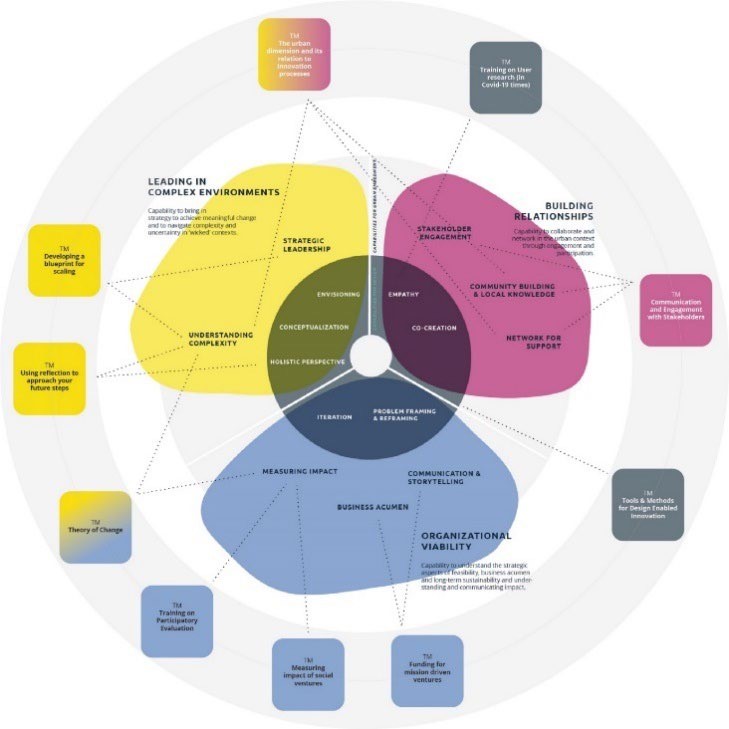
Previously developed Design-enabled Innovation Capabilities Framework identified the emerging skills needed for urban change makers (Source: Mulder, I., & Magni, A. (2022). Design and engineering as agents of change: a capabilities framework. In E. Bohemia, L. Buck, & H. Grierson (Eds.), Proceedings of the 24th International Conference on Engineering and Product Design Education (E&PDE 2022), London South Bank University in London, UK. 8th – 9th September 2022: Disrupt, Innovate, Regenerate & Transform (E&PDE). The Design Society. https://doi.org/10.35199/EPDE.2022.92) (Quick download here)
We believe that making joint value creation an explicit and inclusive (involving all relevant stakeholders) process will helps project teams to make more impact with designing for resilience and accelerate pathways to envisioned futures. As such, this project’s aim is twofold: firstly, a comprehensive understanding of joint value creation in mission driven projects will be developed, building upon the results of 100 transdisciplinary creative consortia that are spread across different European countries. These consortia have previously shown a variety of design skills and capabilities that facilitate successful mission-driven innovation. Secondly, a directly implementable design method/tool for optimizing joint value creation will be created.
Design-enabled Value Creation for a Resilient Delta has received a €30,000 Convergence Kick-Starter Grant from Resilient Delta.
Who is involved?
The Design-enabled Value Creation team’s main members include Assist. Prof. Dr. ir. Marina Bos-de Vos (TUD), Assoc. Prof. Dr. Ingrid Mulder (TUD), researcher Ir. Sterre de Jager (TUD) and PhD candidate Maurice Jansen, MSc (EUR). Throughout the project, the team will join forces with a growing network of people in understanding how to effectively support projects addressing resilience questions, and thereby contribute to realizing diverse types of resilience in different domains. Thus, further collaborating partners already include members of the Delft Design for Values Institute from 5 TUD faculties, Dr. ir. Steven Flipse & Dr. Éva Kalmár (TUD), AMS researchers involved in the Urban Living Lab program, and Dr. Amanda Brandellero (EUR).
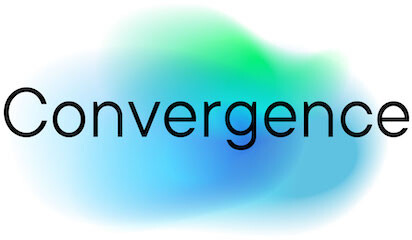
The Convergence
The Resilient Delta Initiative is a part of the Convergence, a partnership between TU Delft, Erasmus University Rotterdam, and Erasmus MC. The goal of the Convernce is to create new perspectives and solutions to tackle the urgent and complex societal challenges of our time.
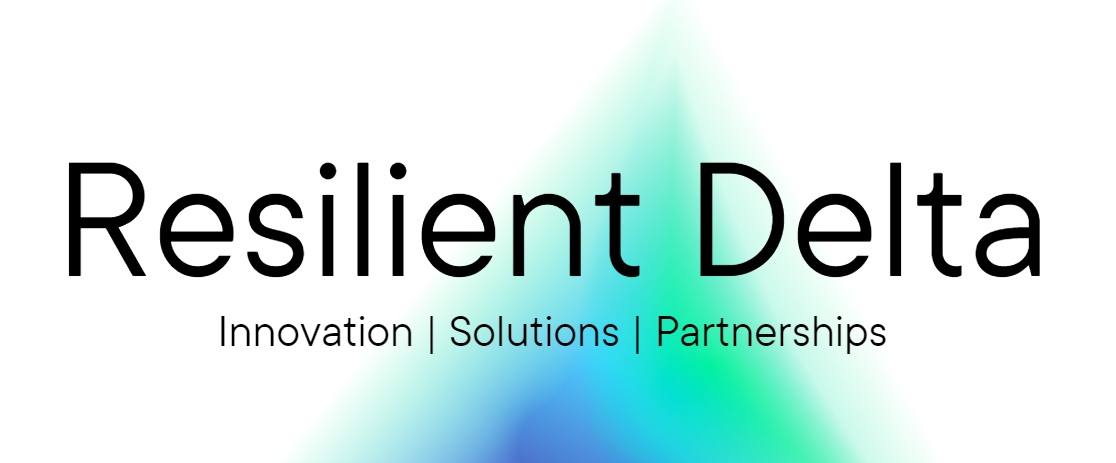
The Resilient Delta Initiative
Keeping the Convergence’s mission in mind, Resilient Delta focuses on the delta regions, “which are home to more than two-thirds of the world’s largest cities and are at risk from rising sea levels owing to their geographical location.” Resilient Delta is made up of a group of interdisciplinary researchers, all of whom collaborate with societal partners to design resilience solutions in the real-world dynamics of the Rotterdam delta.
